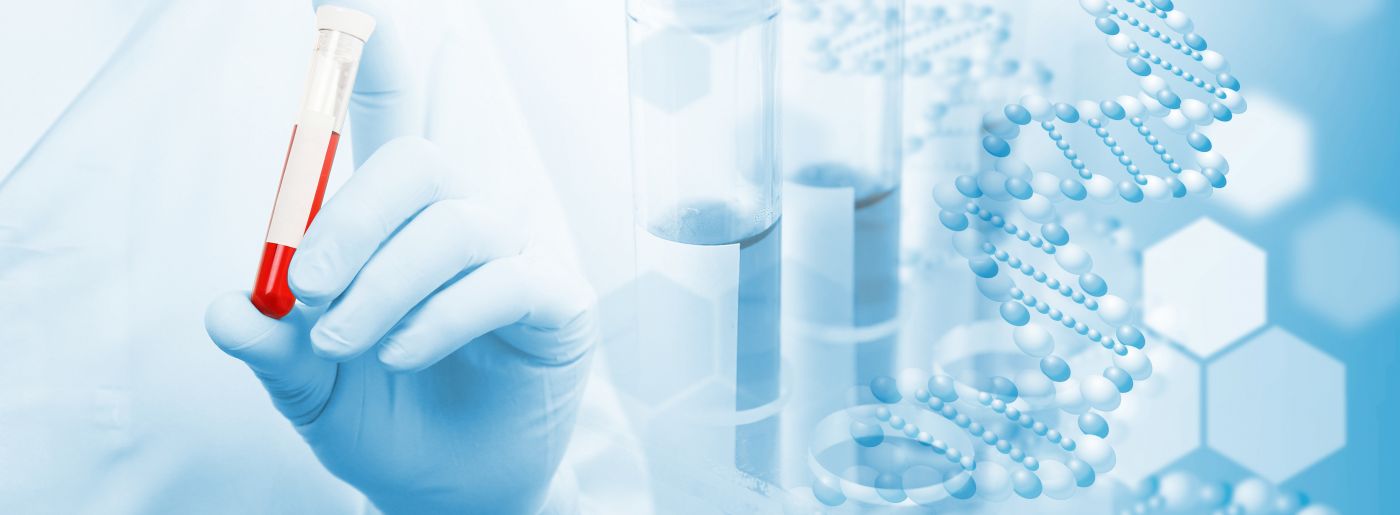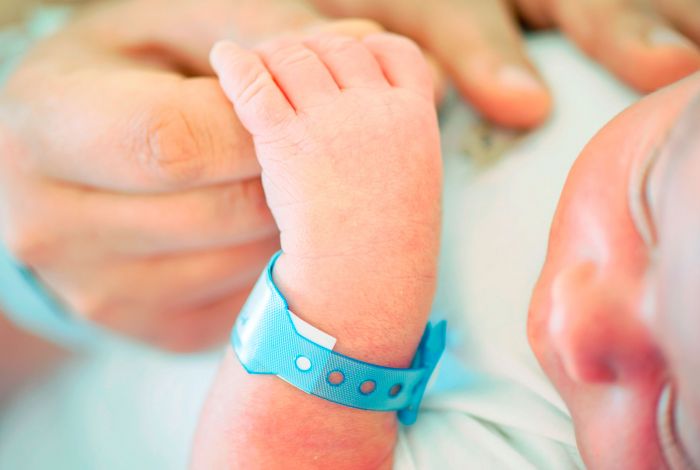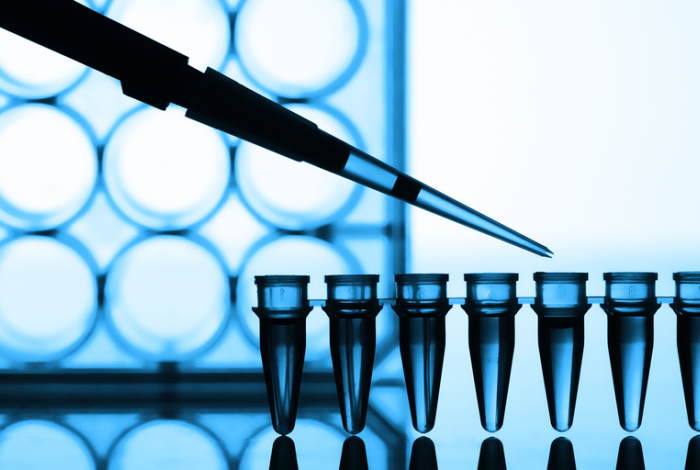While as patients we often assume that the medical devices and tests used in a hospital fulfill appropriate safety and quality standards set by organisations like the European Medicines Agency or the US Federal Drug Administration, the reality is more complex.
Precision medicine approaches often rely on combining the results of genetic tests with other data to make a diagnosis, but when new technologies such as AI or high-throughput gene sequencing are introduced, regulatory frameworks often lag behind innovation. In order to provide adequate care, hospitals develop and utilize so-called lab-developed tests (LDTs) from components not approved for human diagnostics.






